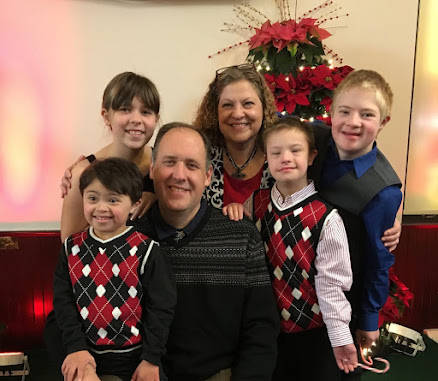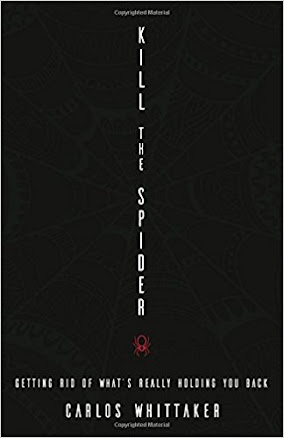One day the great Michelangelo attracted a crowd of spectators as he worked. One child in particular was fascinated by the sight of chips flying and the sound of mallet on chisel. The master was shaping a large block of white marble. Unable to contain her curiosity, the little girl inquired, "What are you making?" He replied, "There is an angel in there and I must set it free."
Every Christian at their conversion is handed a large cold white marble block called religion. We must then take the mallet in hand and set to work. Religion is not our goal but we must first start there. Now there are many names for religion. At times we do call it religion but we often use other words and images to describe it. Sometimes we call it our faith. Jesus spoke in terms of the Kingdom of God. We say we are the Church, Christians, or Disciples. There are many names with varying nuances of meaning but in the end they all describe the same thing. We are a people of Faith, faith in Christ to be sure, but faith nonetheless.
We are not a business or institution. We do not sell or produce anything. We advocate no earthly cause. We serve no worldly authority. We come to a church building made by men. And to do what? Practice our faith. But we just as well could have met on a hillside or cave.
Our leader is not here, not so that I can show him to you or offer irrefutable evidence of his existence. That means faith is all we have. We are born through faith, live by faith, and die in faith. After my death, then and only then will I know in full, as the Apostle Paul says, when I see Jesus face to face. Until then I had better understand this religion thing.
Now that sounds pretty daunting doesn’t it? Here’s the good News. It’s not all that difficult. Religion is a marble slab and we have to find, like Michelangelo, the angel inside.
Working at increasing my faith everyday - you know I love ya, Don










